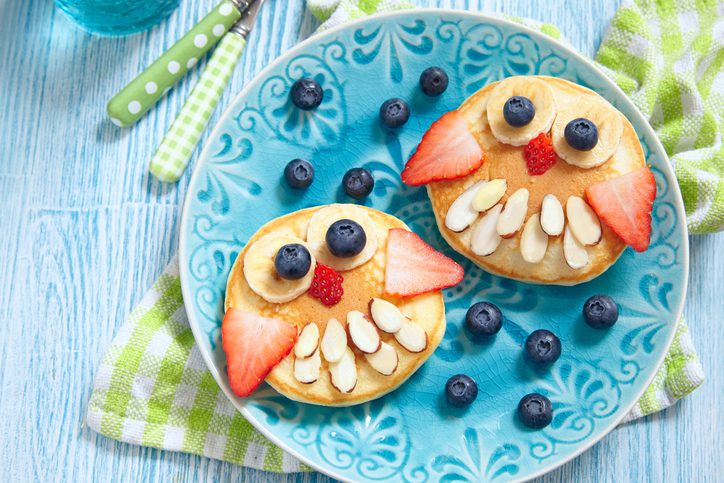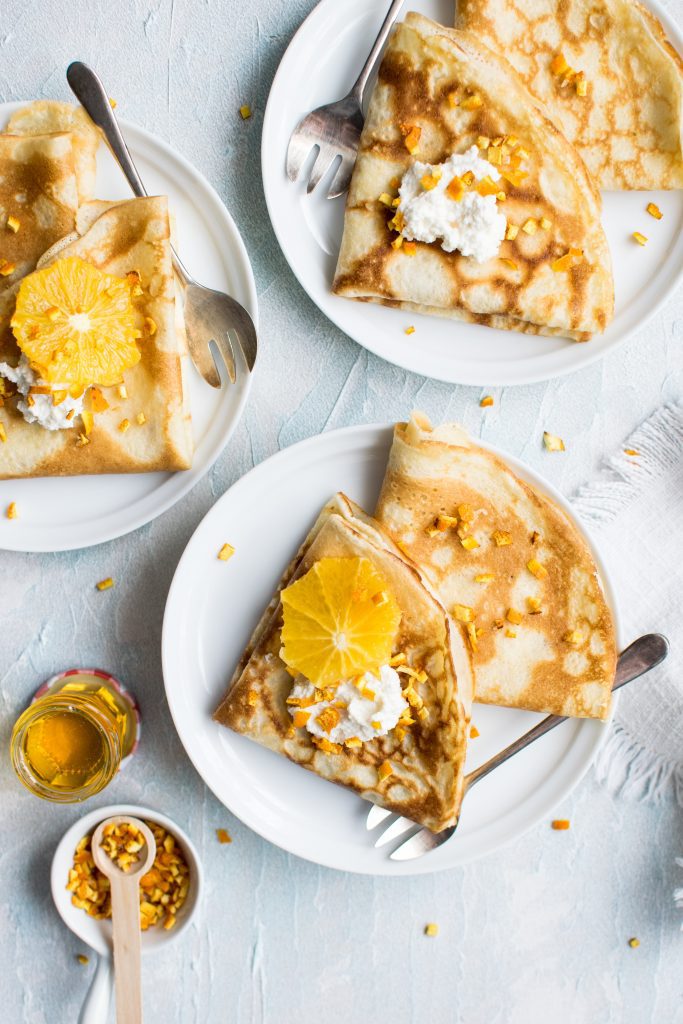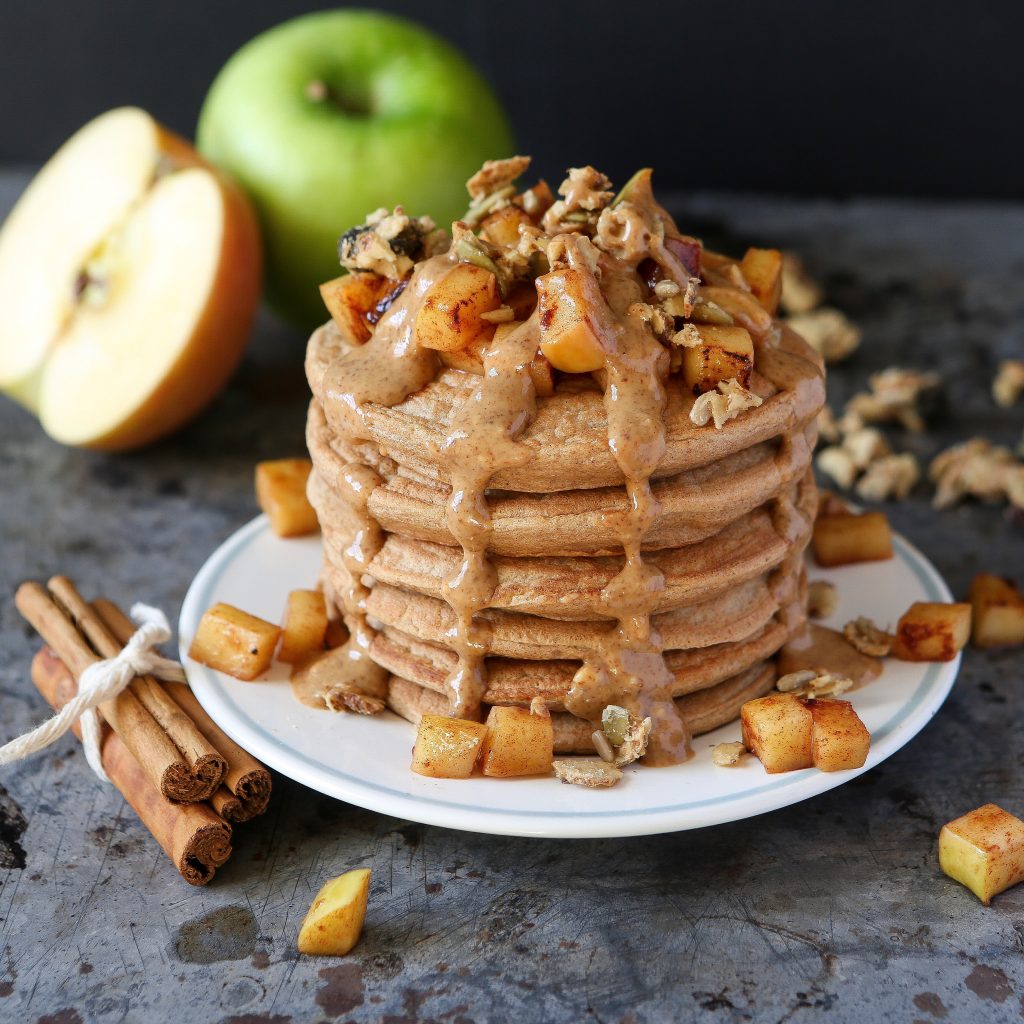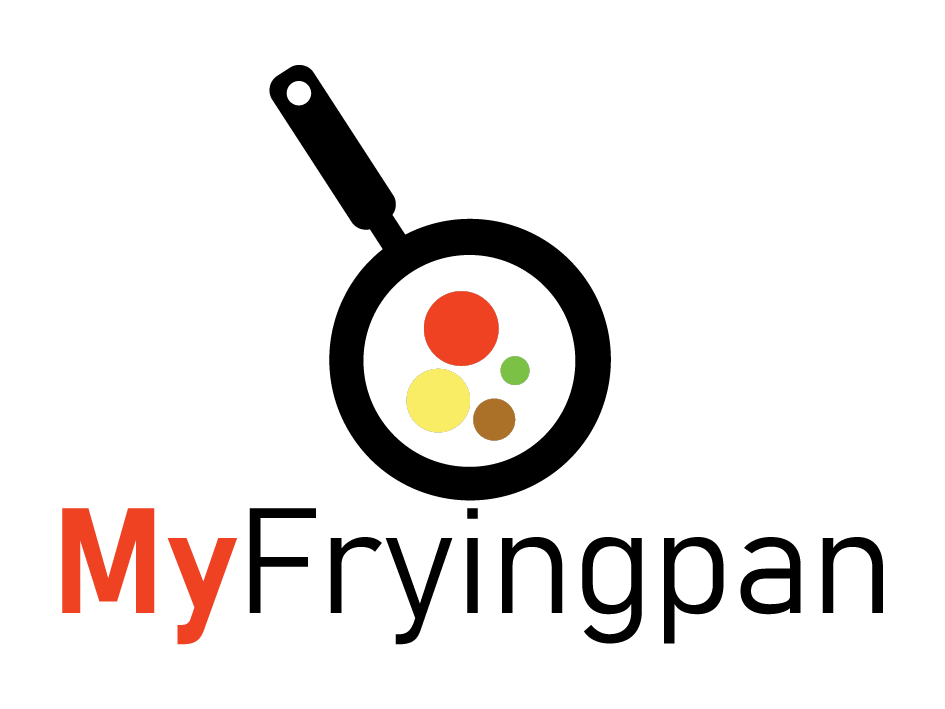Pancakes: A History Of The Wonderful Delicacy
Pancakes are an age-old American breakfast and brunch staple. With some butter, a drizzle of syrup, and a pile of your favorite toppings, they’re simply the most delicious way to start the day. Let’s dive into the rich history and origins of pancakes.

Origins of The Pancake
Pancakes dated back to the time of the stone age 30,000 years ago. The earliest physical evidence we have found was in the stomach of Otzi the Iceman, who lived 5,300 years ago.
The ancient Romans and Greeks prepared pancakes with simple ingredients like wheat flour, curdled milk, honey, and olive oil. There is ancient Greek poetry and plays by the great Shakespear that pay homage to the delicious meal. The early American pancakes were very simple and were made using buckwheat or cornmeal.
The name “pancake” arose around the 15th century, before which they went by many names, such as hoecakes, Indian cakes, journey cakes, buckwheat cakes, among others.
Transcultural Versions
If you go traveling, you’ll find something pancake-like in almost every culture around the globe. People eat them for breakfast, lunch, or even dinner in some parts. A few versions are potato latkes, crepes, and the Russian blini, Irish boxty, Welsh crempog, Hungarian palacsinta, Indian poori, British flapjacks, and Dutch Pannenkoeken.

Pancake Day is Real
Lent is a Christian holiday in which the people would fast from all animal products like eggs, milk, and butter. To keep from wasting all of their fresh animal products, they would cook massive amounts of pancakes to be eaten in a festive day of feasting, known as Shrove (or Fat) Tuesday.

Give Thanks
Next time you sit down for some pancakes, remember to thank your ancestors for their discovery of this fantastic recipe.
